Boosting Eye health in monsoon: Superfoods that hydrate eyes – Times of India

The effect of excessive stress on eyes
As we navigate the technology-driven world, our eyes bear the brunt of prolonged screen exposure and environmental factors. The increasing prevalence of dry eye syndrome calls for proactive measures to counteract its effects. By incorporating specific hydrating foods into our meals, we can provide our eyes with the necessary hydration and nourishment to combat dryness, irritation, and discomfort. Let’s explore the transformative potential of these hydrating foods in preserving optimal eye health, particularly during the monsoon season.

Foods that improve vision
Omega-3 fatty acids play a crucial role in maintaining the stability of the tear film on the surface of the eyes. These fatty acids promote the production of sufficient oil by the meibomian glands, which helps prevent tear evaporation. Some food sources rich in omega-3 fatty acids include:
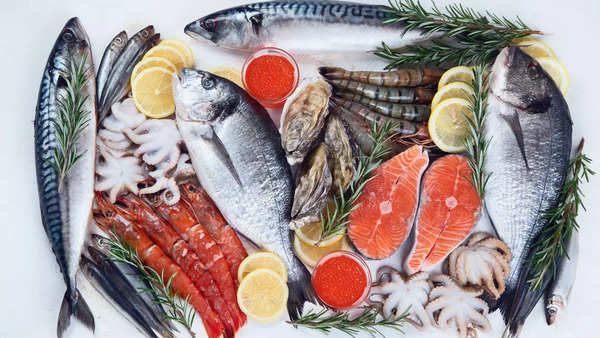
Seafood and cold-water fish such as salmon, tuna, and cod.
Eggs, which are not only a great source of protein but also provide omega-3 fatty acids.
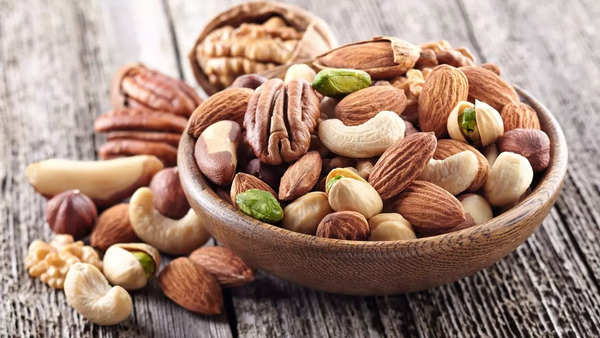
Nuts like walnuts, cashews, almonds, and brazil nuts.
Seeds like chia seeds and flaxseeds, which can be added to smoothies or sprinkled on salads.
Vitamin A is essential for maintaining healthy eyes and improving the quality of tears. It helps keep the eye surface in a healthy state and ensures proper tear production. Some food sources rich in vitamin A include:
Sweet potatoes, which are not only delicious but also packed with nutrients.
Carrots, known for their high vitamin A content, are excellent for eye health.
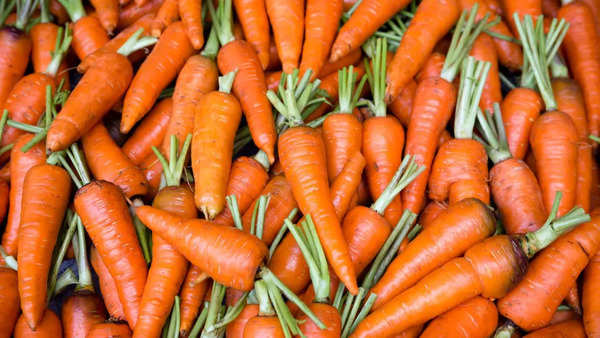
Spinach, which is loaded with antioxidants and beneficial vitamins, including vitamin A.
Pumpkins, which are not only associated with the fall season but are also rich in vitamins and minerals.
Foods that recude inflammation
In addition to vitamin A, vitamin C and antioxidants play a crucial role in preventing micro-inflammatory injuries to the eyes and reducing the consequences of dry eye disease. Some food sources rich in vitamin C and antioxidants include:
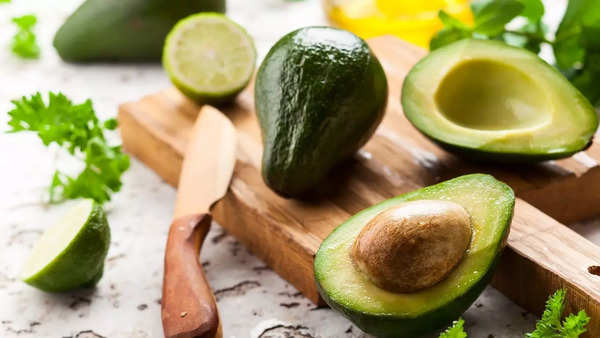
Avocados, which are a nutrient-dense fruit known for their high levels of healthy fats and antioxidants.
Broccoli, a cruciferous vegetable that is rich in vitamin C and other essential nutrients.
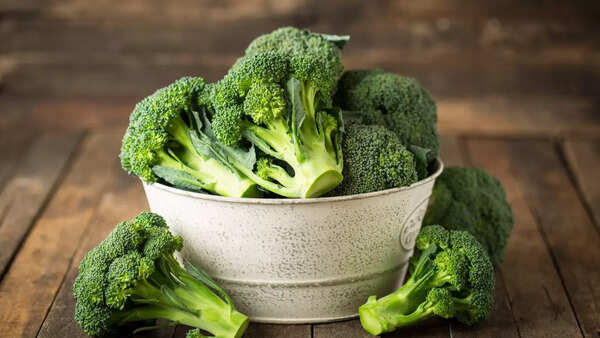
Bell peppers, particularly the brightly colored ones, are excellent sources of vitamin C and antioxidants.
Oranges and sweet lemons, which are not only refreshing but also provide a good dose of vitamin C.
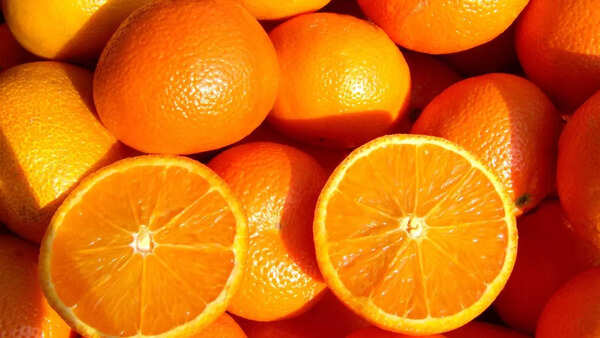
Interestingly, caffeine has also been found to reduce the chances of experiencing dry eye issues. So, while working on your desks, enjoy a nicely brewed cup of coffee.
Lastly, it is important to stay well-hydrated throughout the day as our tears are 98% water. Especially during the monsoon season, we tend to forget to sip water regularly. Remember to keep hydrating yourself and stay on top of your water intake.
In a nutshell
Adopting a diet rich in hydrating foods can significantly contribute to maintaining optimal eye health and preventing the discomfort of dry eyes. By incorporating these foods into your daily routine, you provide your eyes with the essential nutrients and hydration they need to maintain a healthy tear film.
However, it’s also important to complement a healthy diet with other eye care practices, such as regular blinking, taking breaks from prolonged screen time, and practicing good eye hygiene. By prioritizing your eye health and incorporating these habits into your lifestyle, you can enjoy the monsoon season with healthy, nourished eyes.
Stay hydrated, nourish your eyes, and enjoy the monsoon season with healthy eyes!
Article By: Dr. Smit Bavariya, Senior Consultant Ophthalmologist, Dr. Agarwals Eye Hospital
window.TimesApps = window.TimesApps || {}; var TimesApps = window.TimesApps; TimesApps.toiPlusEvents = function(config) { var isConfigAvailable = "toiplus_site_settings" in f && "isFBCampaignActive" in f.toiplus_site_settings && "isGoogleCampaignActive" in f.toiplus_site_settings; var isPrimeUser = window.isPrime; if (isConfigAvailable && !isPrimeUser) { loadGtagEvents(f.toiplus_site_settings.isGoogleCampaignActive); loadFBEvents(f.toiplus_site_settings.isFBCampaignActive); } else { var JarvisUrl="https://jarvis.indiatimes.com/v1/feeds/toi_plus/site_settings/643526e21443833f0c454615?db_env=published"; window.getFromClient(JarvisUrl, function(config){ if (config) { loadGtagEvents(config?.isGoogleCampaignActive); loadFBEvents(config?.isFBCampaignActive); } }) } }; })( window, document, 'script', );
For all the latest lifestyle News Click Here

